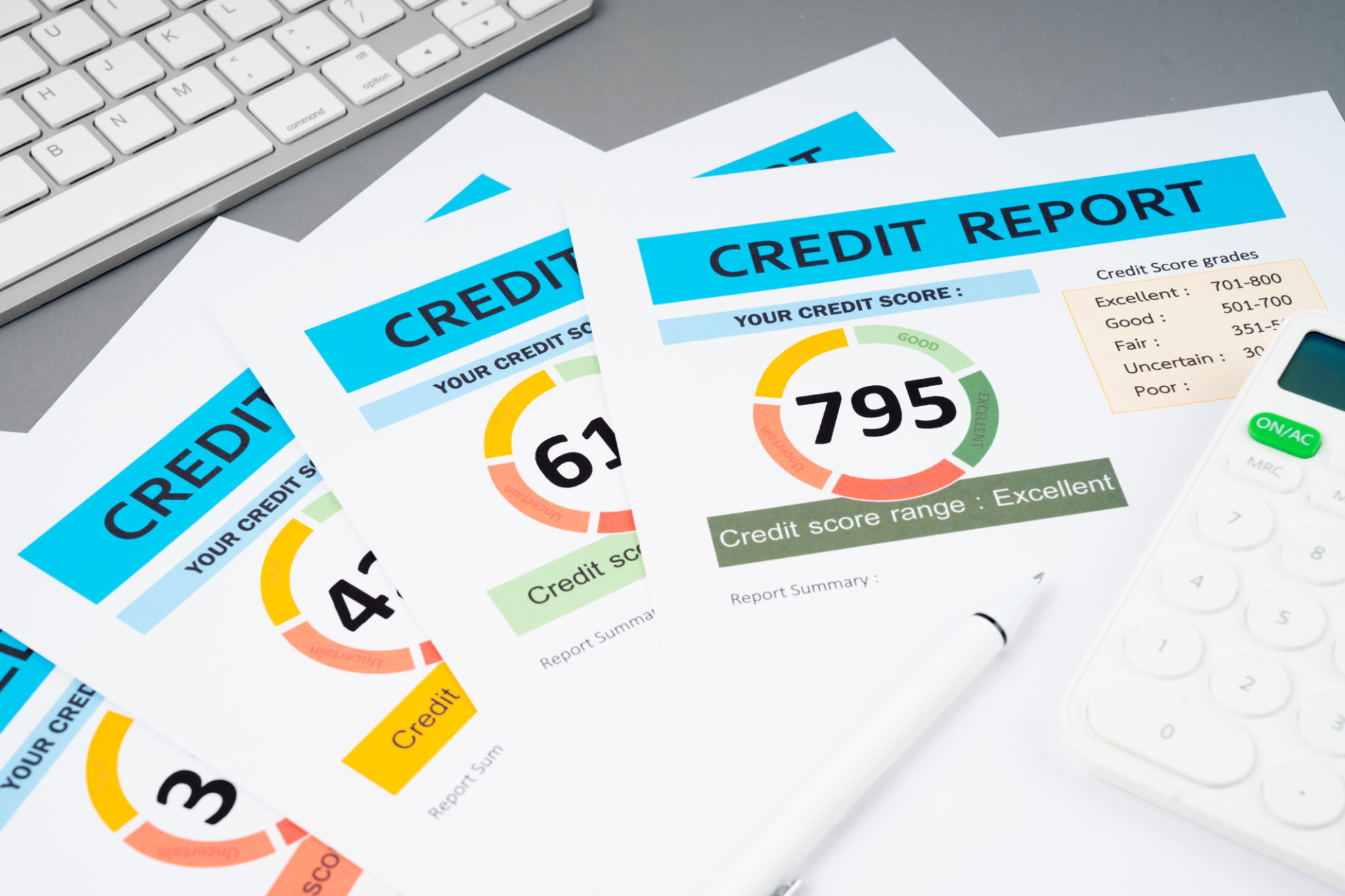Debunking Common Myths About Business Credit
Understanding Business Credit
Business credit often seems shrouded in mystery, leading to the proliferation of myths and misconceptions. This confusion can hinder the growth potential of many businesses. In this post, we will debunk some common myths about business credit to provide clarity and help you make informed financial decisions for your business.

Myth 1: Business Credit is the Same as Personal Credit
One of the most pervasive myths is that business credit is identical to personal credit. While both can influence your ability to secure loans and affect interest rates, they are distinct entities. Business credit is linked to your business's Employer Identification Number (EIN), whereas personal credit is tied to your Social Security Number (SSN). This distinction is crucial as it allows you to separate personal liabilities from your business's financial responsibilities.
Building a strong business credit profile can protect your personal assets and enhance your company's borrowing power. By understanding this difference, you can strategically manage both types of credit to benefit your personal and business financial health.
Myth 2: Only Large Companies Need Business Credit
Another common misconception is that only large corporations benefit from having business credit. In reality, businesses of all sizes can gain significant advantages from establishing and maintaining a good business credit score. Small businesses, in particular, can use their business credit to secure better terms with suppliers, negotiate lower interest rates on loans, and improve cash flow management.

Developing a strong credit profile can also act as a cushion during economic downturns, providing access to funds when traditional borrowing may be limited. This myth often discourages small business owners from pursuing their full financial potential.
Myth 3: Business Credit Automatically Builds Over Time
Unlike personal credit, which can build over time with regular account use, business credit requires proactive effort to establish and grow. Simply registering a business does not automatically create a business credit profile. Entrepreneurs must take deliberate steps, such as opening trade lines with suppliers who report payments to credit bureaus, to build their business credit.
Regularly reviewing your business credit report and ensuring accuracy is also essential. Mistakes or outdated information can negatively impact your credit score, affecting your ability to secure financing in the future.

Myth 4: You Only Need Business Credit When Borrowing
While borrowing is a common reason for focusing on business credit, it is not the only one. A solid business credit score can influence various aspects of your operations. For example, landlords may check business credit scores when leasing commercial space, and suppliers might offer better payment terms based on your creditworthiness.
Moreover, maintaining a positive business credit score can enhance your company's reputation, signaling reliability and stability to potential partners and clients. This holistic approach to managing business credit underscores its importance beyond just borrowing needs.
Conclusion: Take Charge of Your Business Credit
Understanding and managing business credit is essential for any entrepreneur looking to grow their company sustainably. By debunking these common myths, you can take proactive steps to build a robust business credit profile that supports your company's long-term success. Remember, knowledge is power—especially when it comes to navigating the complex world of business finance.
With the right strategies in place, you can leverage business credit as a powerful tool in your entrepreneurial arsenal.